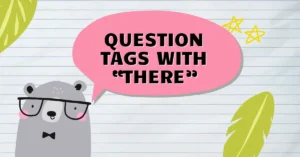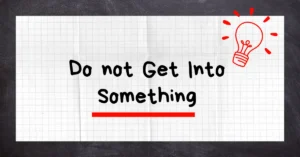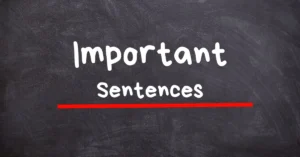In the English language, some words seem almost interchangeable, but in reality, they carry distinct meanings. The words “work” and “job” are prime examples of this. While they both deal with tasks, employment, and duties, understanding their differences can help you use them more effectively.
Whether you’re describing your daily routine, your career, or a specific task, knowing when to use “work” and when to use “job” can make a big difference in how clearly you communicate. Let’s dive into these two words and see how you can use them in different contexts.
Understanding the Differences Between ‘Work’ and ‘Job’
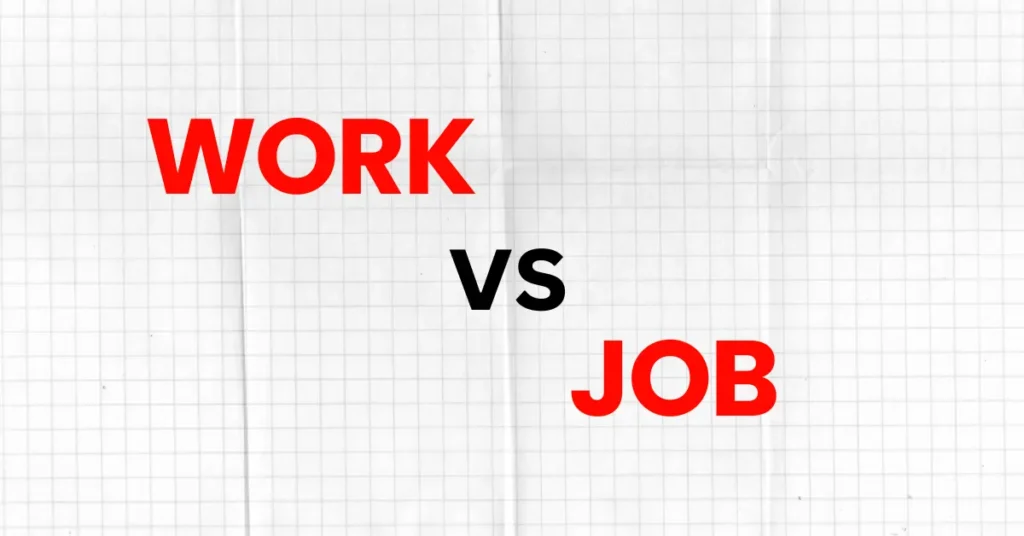
1. Work (Noun & Verb) – Uncountable
The word “work” is used to describe tasks, activities, or efforts, and it can refer to both physical and mental actions. It is an uncountable noun, meaning it doesn’t have a plural form. The term “work” can be used in a variety of ways.
a) Activity Involving Effort
“Work” often refers to any activity involving mental or physical effort that you do in order to achieve a specific result or goal.
- Example (Noun):
“I’m busy—I have a lot of work.”
Here, “work” refers to the tasks that need to be completed, regardless of what they involve. - Example (Verb):
“I’ve been working in the garden all day.”
In this case, “working” is the verb that describes the action of putting physical effort into gardening.
b) Work as a Means of Earning Income (Employment)
“Work” can also refer to the concept of employment or the activity one does to earn money. It is used to describe any job, but in this case, it is less specific than the word “job.”
- Example:
“I’m still looking for work.”
Here, “work” refers to the act of seeking employment, not a specific job position.
c) The Place Where One Is Employed
In addition to referring to the activity itself, “work” can describe the place where one is employed. This is often used to talk about the physical location of a person’s job.
- Example:
“I was returning home from work on a packed subway.”
“Work” here refers to the location where someone is employed, such as an office, factory, or store.
d) The Period of Time Spent in Employment
When referring to the period of time one spends at their workplace, “work” also functions as an uncountable noun.
- Example:
“He was going to the theatre after work.”
“Work” refers to the time spent at his job before he heads to the theatre.
e) A Task or Tasks to Be Undertaken
Sometimes, “work” refers to a specific task or group of tasks that need to be completed. This can be used in both formal and informal contexts.
- Example:
“They made sure the work was progressing smoothly.”
Here, “work” refers to the tasks or projects that were being managed or worked on.
Read: 9 Sentences That Are Too Casual for Formal Emails
2. Job (Noun) – Countable
Unlike “work,” the word “job” is a countable noun, meaning it can be pluralized (jobs). It refers more specifically to a paid position of regular employment or a task that requires effort to complete.
a) A Paid Position of Regular Employment
“Job” is most commonly used to describe a paid position or a specific role that someone holds in an organization or company.
- Example:
“The scheme could create 200 jobs.”
Here, “jobs” refers to different positions of employment that people could take. - Example:
“He took a job as a waiter.”
“Job” here refers to a specific position or role that someone has.
b) A Task or Piece of Work, Especially One That Is Paid
“Job” can also refer to a specific task or piece of work that someone is responsible for, especially tasks that are paid.
- Example:
“She wants to be left alone to get on with the job.”
“Job” here refers to a particular task or project that needs attention. - Example:
“I have a few jobs to do at home today.”
In this case, “jobs” refers to smaller tasks, like chores, that need to be completed.
c) A Responsibility or Duty
“Job” can also mean a responsibility, duty, or role that someone is expected to fulfill. It focuses more on the responsibility aspect rather than the task itself.
- Example:
“It’s our job to find things out.”
“Job” here refers to a duty or responsibility that is assigned to a group or individual.
d) A Difficult Task
“Job” can be used informally to refer to a task or activity that is difficult or challenging to complete.
- Example:
“We thought you’d have a job getting there.”
“Job” in this context refers to a task that might be hard to achieve, such as reaching a destination.
e) To Do Something Well or Badly
The verb form of “job” is used informally to describe how well or poorly something is done. It’s often used when evaluating someone’s work.
- Example:
“You did a good job of removing the stain.”
“Job” here refers to the quality of the task that was completed. - Example:
“He did a bad job of explaining his reasons.”
In this example, “job” refers to the quality of how well the explanation was made.
3 Key Differences Between “Work” and “Job”
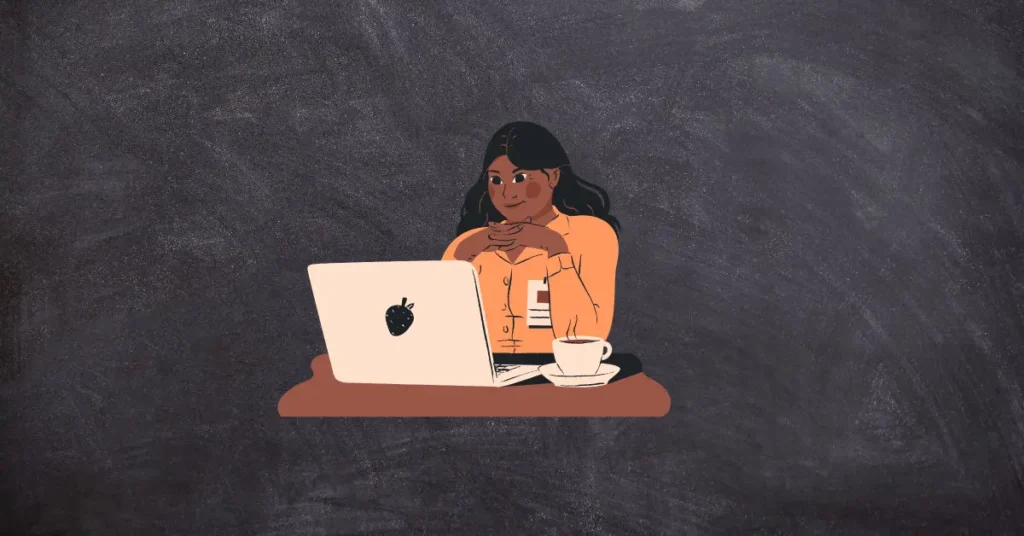
Now that we’ve explored the meanings of both words in detail, let’s summarize the key differences between “work” and “job”:
Read: 14 Short Business Phrases
- Countability:
- “Work” is uncountable, meaning it doesn’t have a plural form and refers to general tasks or efforts.
- “Job” is countable, meaning it refers to specific, individual positions or tasks.
- Context of Use:
- “Work” refers to the activity, effort, or tasks that are done for a purpose, such as earning income or completing a project.
- “Job” refers to a paid position, role, or a specific task.
- Scope:
- “Work” has a broader meaning and can refer to the place of employment, the time spent working, or the general tasks someone is doing.
- “Job” is more specific and usually refers to a position of employment, a responsibility, or a particular task that needs to be done.
Practical Examples of Job and Work
Let’s look at some more examples to help solidify your understanding:
Read: 29 Useful Phrases to Use During Business Meetings
- Example 1:
“I’ve been working in the garden all day, but I still have a lot of work left to do.”
In this example, “working” is the action, while “work” refers to the tasks that are not yet finished. - Example 2:
“She has a full-time job at a tech company.”
“Job” refers to the specific position she holds in the company. - Example 3:
“I need to finish my work before I can relax.”
Here, “work” refers to the tasks that need to be completed, regardless of what type of work they are.
Conclusion
Understanding the difference between “work” and “job” can help you communicate more clearly and accurately in English. Remember that “work” is generally used to describe the activity, effort, or tasks you are doing, while “job” refers to a specific paid position, role, or task. With these guidelines in mind, you’ll be able to navigate both words with confidence in a variety of situations!
Explore More:
- Definition of Question Tags with “There” + How to Use
 Question Tags with ‘There” Ever wondered how to turn those sentences with “there” into polite, …
Question Tags with ‘There” Ever wondered how to turn those sentences with “there” into polite, … - Do not Get Into Something Meaning + Example Sentences
 Have you ever found yourself in a situation that spiraled out of control because you …
Have you ever found yourself in a situation that spiraled out of control because you … - 71 Simple Sentence Examples
 Simple sentence examples! If you’re a beginner or looking to sharpen your English, these examples …
Simple sentence examples! If you’re a beginner or looking to sharpen your English, these examples … - 43 Short but Important Sentences for Daily Use
 Important sentences: Ever got stuck searching for the perfect words to say? Don’t worry! Life’s …
Important sentences: Ever got stuck searching for the perfect words to say? Don’t worry! Life’s … - 101 Other Ways to Say “I Love You”
 This lesson is going to be unforgettable this will add a touch of romance to …
This lesson is going to be unforgettable this will add a touch of romance to …
